12 start with L start with L
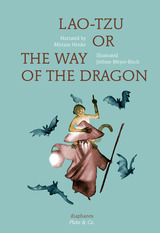
In Lao-Tzu, or the Way of The Dragon, we follow the ancient Chinese philosopher who founded Taoism, from the comet that announced his birth up to his inspired composition, more than fifty years later, of the Tao Te Ching, the Book of the Way. In body and mind an old sage from birth, Lao-Tzu devotes his life to deciphering the endless book of the world. But he soon becomes frustrated with the silliness of human order, impatient kings, and greedy people, and rides off on the back of a water buffalo in search of the Way. He encounters clouds that solidify under his feet, a cave guarded by a golden monkey, and the venerable Confucius himself, and ultimately finds the wisdom of the dragon already residing deep in his own heart.
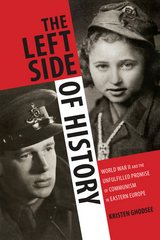
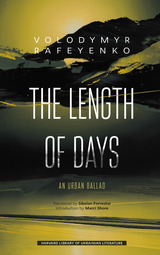
The Length of Days: An Urban Ballad is set mostly in the composite Donbas city of Z—an uncanny foretelling of what this letter has come to symbolize since February 24, 2022, when Russia launched a full-scale invasion of Ukraine. Several embedded narratives attributed to an alcoholic chemist-turned-massage therapist give insight into the funny, ironic, or tragic lives of people who remained in the occupied Donbas after Russia’s initial aggression in 2014.
With elements of magical realism, Volodymyr Rafeyenko’s novel combines a wicked sense of humor with political analysis, philosophy, poetry, and moral interrogation. Witty references to popular culture—Ukrainian and European—underline the international and transnational aspects of Ukrainian literature. The novel ends on the hopeful note that even death cannot have the final word: the resilient inhabitants of Z grow in power through reincarnation.
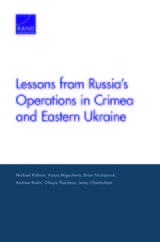
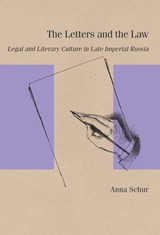
Anna Schur combines historical research and literary analysis to argue that the first generations of Russian trial lawyers shaped their professional identity with an eye to the celebrated figure of the writer and that they considered their own activities to be a form of verbal art. A fuller understanding of writers’ antipathy to the law, Schur contends, must take into account this overlooked cultural backdrop. Laced with the better‑known critique of the lawyer’s legalistic proclivities and lack of moral principle are the writer’s reactions to a whole network of explicit and implicit claims of similarity between the two professions’ goals, methods, and missions that were central to the lawyer’s professional ideal. Viewed in this light, writers’ critiques of the law and lawyers emerge as a concerted effort at protecting literature’s exclusive cultural status in the context of modernization and the rapidly expanding public sphere.
The study draws upon a mix of well-known and rarely studied nineteenth-century authors and texts—with particular attention paid to Fyodor Dostoevsky and Mikhail Saltykov-Shchedrin—and on a wide range of nonliterary sources, including courtroom speeches, guides to forensic oratory, legal treatises, and specialized press.

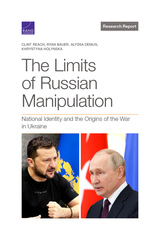
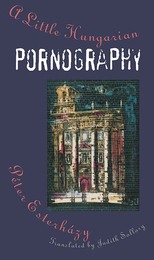
In a state where the lack of democracy was called socialist democracy, economic chaos a socialist economy, and revolution an anti-revolution, the notion of speech and obscenity becomes equally distorted and skewed. Under these circumstances, the author considers the shackles inherent in the vocabulary of oppression and contrasts this with the freedom of the body in sex. A kaleidoscopic digression on perversion and politics, A Little Hungarian Pornography is both satire and critique, trifle and tract, and further support for Esterházy's status as one of the best writers in Europe today.
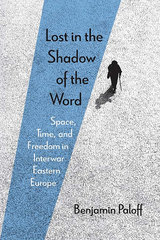
Scholars of modernism have long addressed how literature, painting, and music reflected the radical reconceptualization of space and time in the early twentieth century—a veritable revolution in both physics and philosophy that has been characterized as precipitating an “epistemic trauma” around the world. In this wide-ranging study, Benjamin Paloff contends that writers in Central and Eastern Europe felt this impact quite distinctly from their counterparts in Western Europe. For the latter, the destabilization of traditional notions of space and time inspired works that saw in it a new kind of freedom. However, for many Central and Eastern European authors, who were writing from within public discourses about how to construct new social realities, the need for escape met the realization that there was both nowhere to escape to and no stable delineation of what to escape from. In reading the prose and poetry of Czech, Polish, and Russian writers, Paloff imbues the term “Kafkaesque” with a complexity so far missing from our understanding of this moment in literary history.
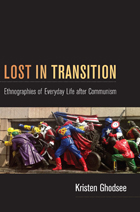

Since the mid-1980s, Taiwan and mainland China have witnessed a sustained resurgence of academic and intellectual interest in ruxue—“Confucianism”—variously conceived as a form of culture, an ideology, a system of learning, and a tradition of normative values. This discourse has led to a proliferation of contending conceptions of ruxue, as well as proposals for rejuvenating it to make it a vital cultural and psycho-spiritual resource in the modern world.
This study aims to show how ruxue has been conceived in order to assess the achievements of this enterprise; to identify which aspects of ru thought and values academics find viable, and why; to highlight the dynamics involved in the ongoing cross-fertilization between academics in China and Taiwan; and to examine the relationship between these activities and cultural nationalism.
Four key arguments are developed. First, the process of intellectual cross-fertilization and rivalry between scholars has served to sustain academic interest in ruxue. Second, contrary to conventional wisdom, party-state support in the PRC does not underpin the continuing academic discourse on ruxue. Third, cultural nationalism, rather than state nationalism, better explains the nature of this activity. Fourth, academic discourse on ruxue provides little evidence of robust philosophical creativity.
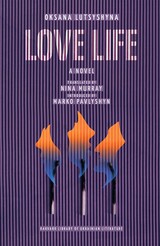
READERS
Browse our collection.
PUBLISHERS
See BiblioVault's publisher services.
STUDENT SERVICES
Files for college accessibility offices.
UChicago Accessibility Resources
home | accessibility | search | about | contact us
BiblioVault ® 2001 - 2024
The University of Chicago Press









